Module 04:
Promoting Respectful Maternity and Newborn Care
Welcome to the fourth module in the ERMC course. This module has been developed to further your knowledge of the consequences of disrespectful care for women during labor and birth and ways to promote ERMC. A list of resource requirements to promote ERMC is also provided, as well as an example of a case scenario of providing ERMC. Finally, this module will end with a post-course completion survey that includes reflection on equity and respect in maternity care.
Module 04:
Promoting Respectful Maternity and Newborn Care
Welcome to the fourth module in the ERMC course. This module has been developed to further your knowledge of the consequences of disrespectful care for women during labor and birth and ways to promote ERMC. A list of resource requirements to promote ERMC is also provided, as well as an example of a case scenario of providing ERMC. Finally, this module will end with a post-course completion survey that includes reflection on equity and respect in maternity care.
Steps to Safe and Respectful MotherBaby-Family Maternity Care
The 12 steps ( summary) to Safe and Respectful MotherBaby-Family Maternity Care.

Step 01
Treat Every woman and newborn with compassion, respect and dignity without physical, verbal or emotional abuse providing culturally safe and culturally sensitive care that respects the individual’s customs, values and rights to self-expression, informed choice and Privacy.

Step 02
Respect every woman’s right to access and receive non-discriminatory and free or at least affordable care throughout the continuum of childbearing, with the understanding that under no circumstances can a woman or baby be refused care or detained after birth for lack of payment.
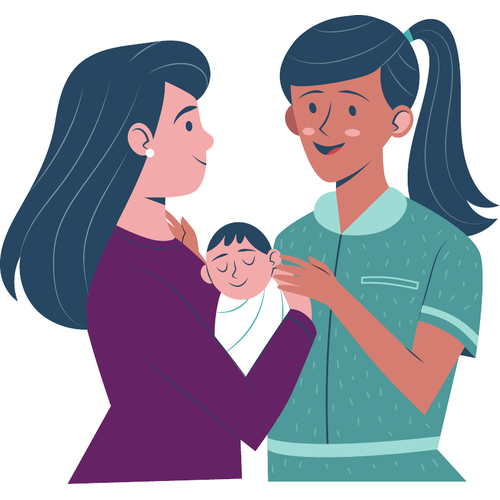
Step 03
Routinely provide the MotherBaby-Family maternity care model integrating the midwifery scope of practice and philosophy that can be practiced by all maternity care professionals in all settings and at all levels of care provision.
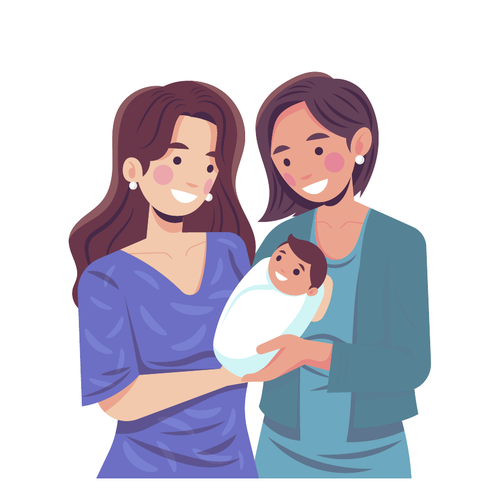
Step 04
Acknowledge the mother’s right to continuous support during labor and birth and inform her of its benefits, and ensure that she receives such support from providers and companions of her choice.

Step 05
Offer non-pharmacological comfort and pain relief measures during labor as safe first options. If pharmacological pain relief options are available and requested, explain their benefits and risks.

Step 06
Provide evidence-based practices beneficial for the MotherBaby-Family throughout the entire childbearing continuum.

Step 07
Avoid potentially harmful procedures and practices that have insufficient evidence of benefit outweighing risk for routine or frequent use in normal pregnancy, labour, birth, and the postpartum and neonatal period.

Step 08
Implement measures that enhance wellness and prevent illness for the MotherBaby-Family, including good nutrition, clean water, sanitation, hygiene, family planning, disease and complications prevention, and pre-and-post natal education.
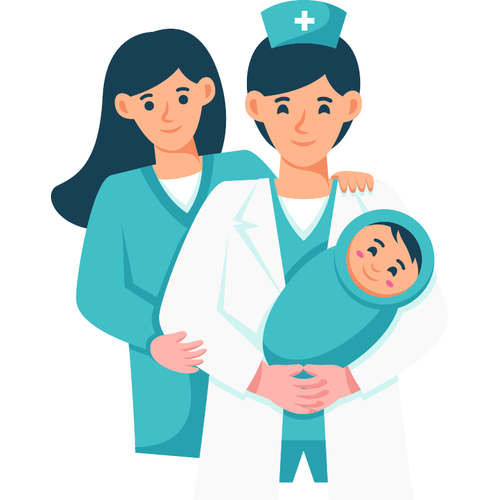
Step 09
Provide appropriate obstetric, neonatal, and emergency treatment when needed. Ensure that staff are trained in recognizing (potentially) dangerous conditions and complications and in providing effective treatment or stabilization, and have established links for consultation and a safe and effective referral system.
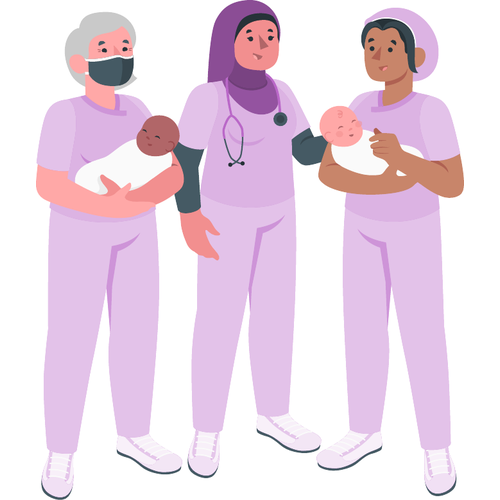
Step 10
Have a supportive human resource policy in place for recruitment and retention of dedicated staff, and ensure that staff are safe, secure, respected, and enabled to provide good quality, collaborative, personalized care to women and newborns in a positive working environment.

Step 11
Provide a continuum of collaborative care with all relevant health care providers, institutions, and organizations with established plans and logistics for communication, consultation, and referral between all levels of care.
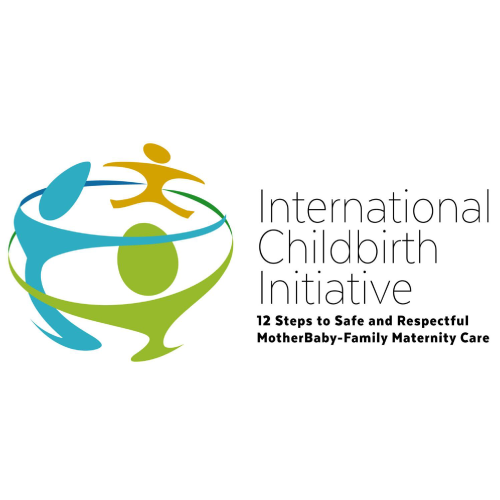
Step 12
Achieve the 10 Steps of the revised Baby-Friendly Hospital Initiative (2018) — Protecting, promoting, and supporting breastfeeding in facilities providing maternity services.